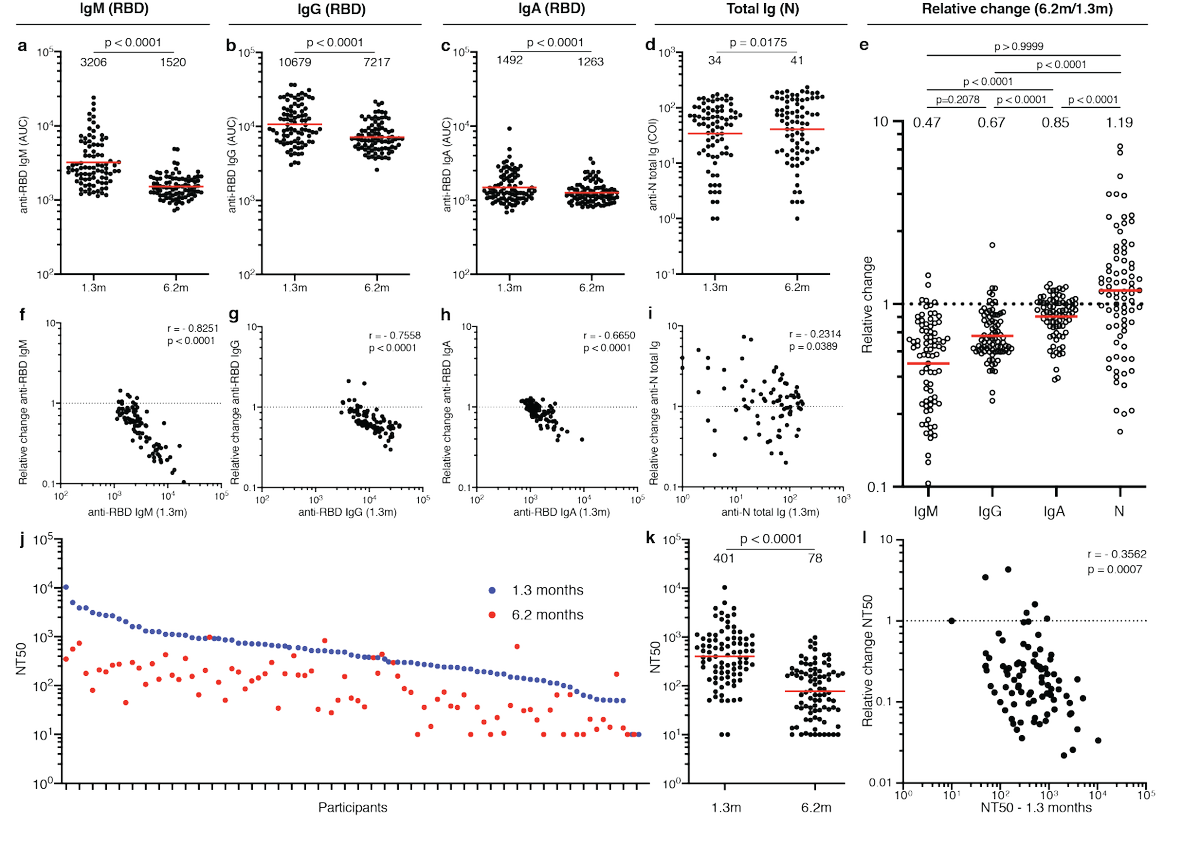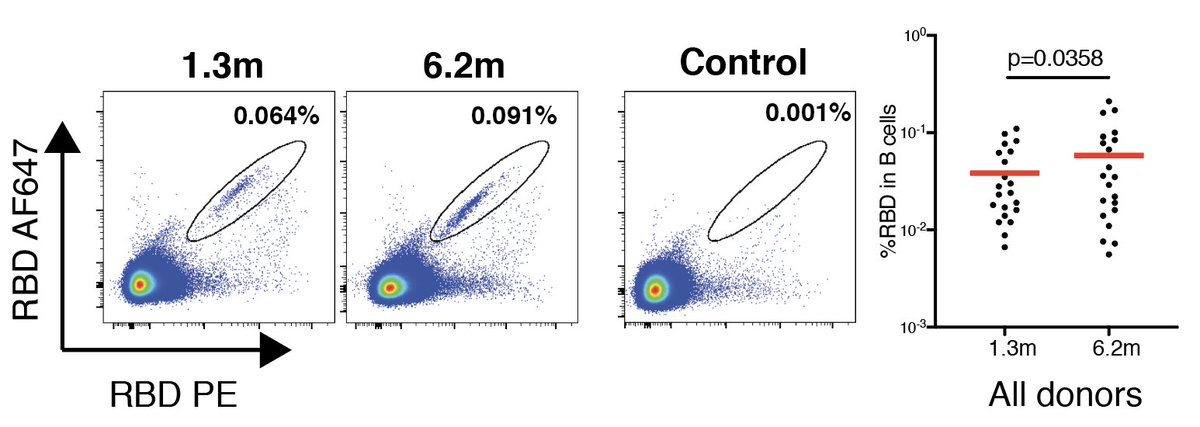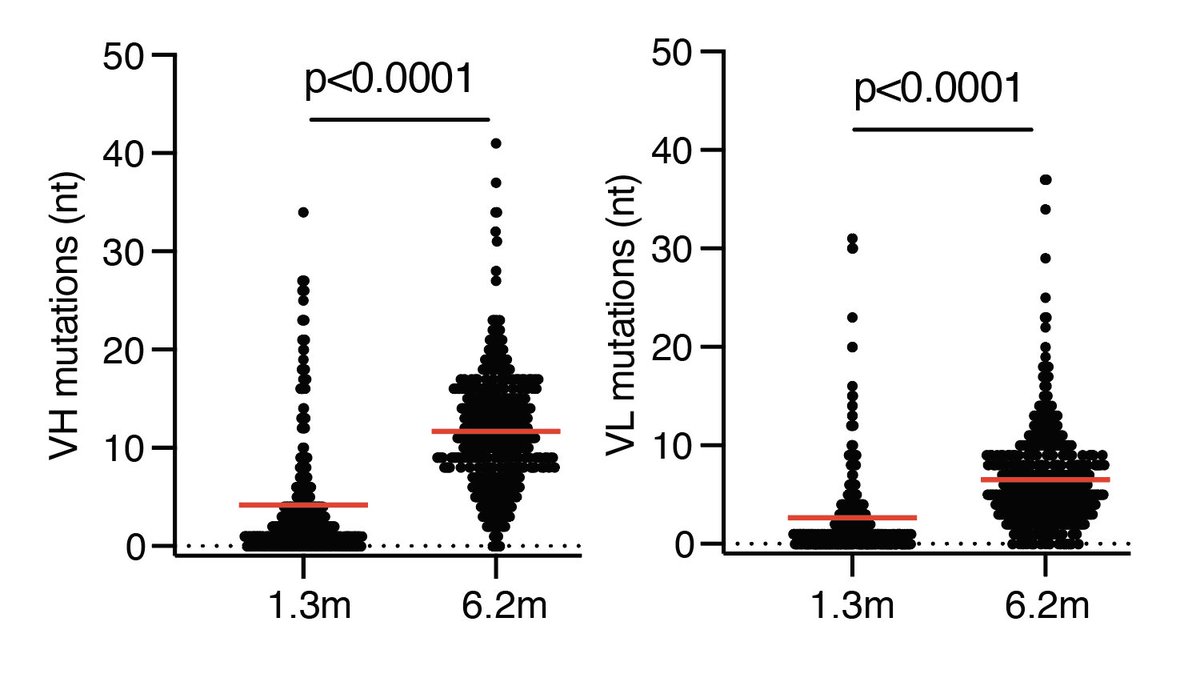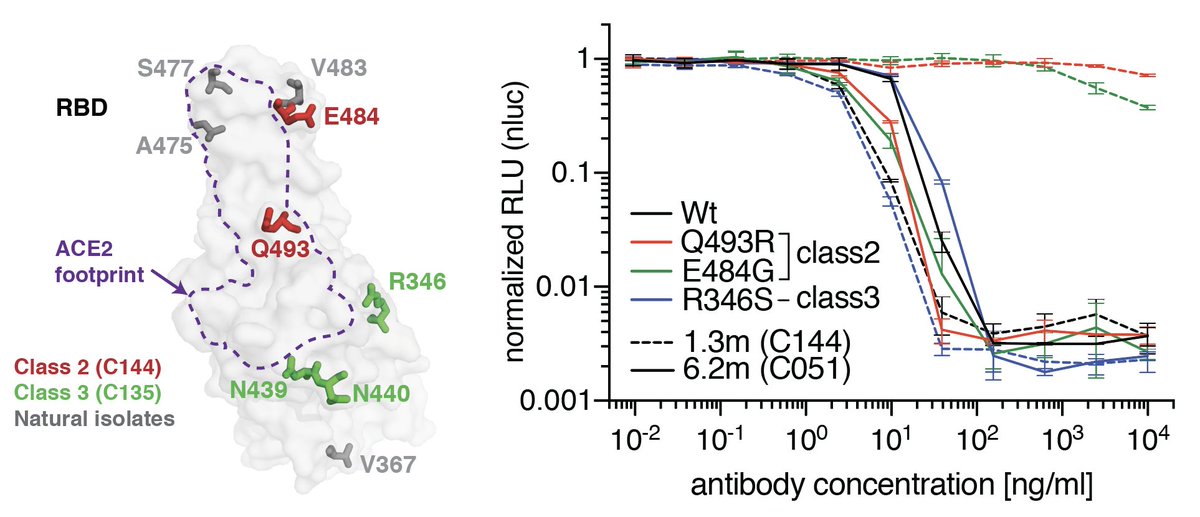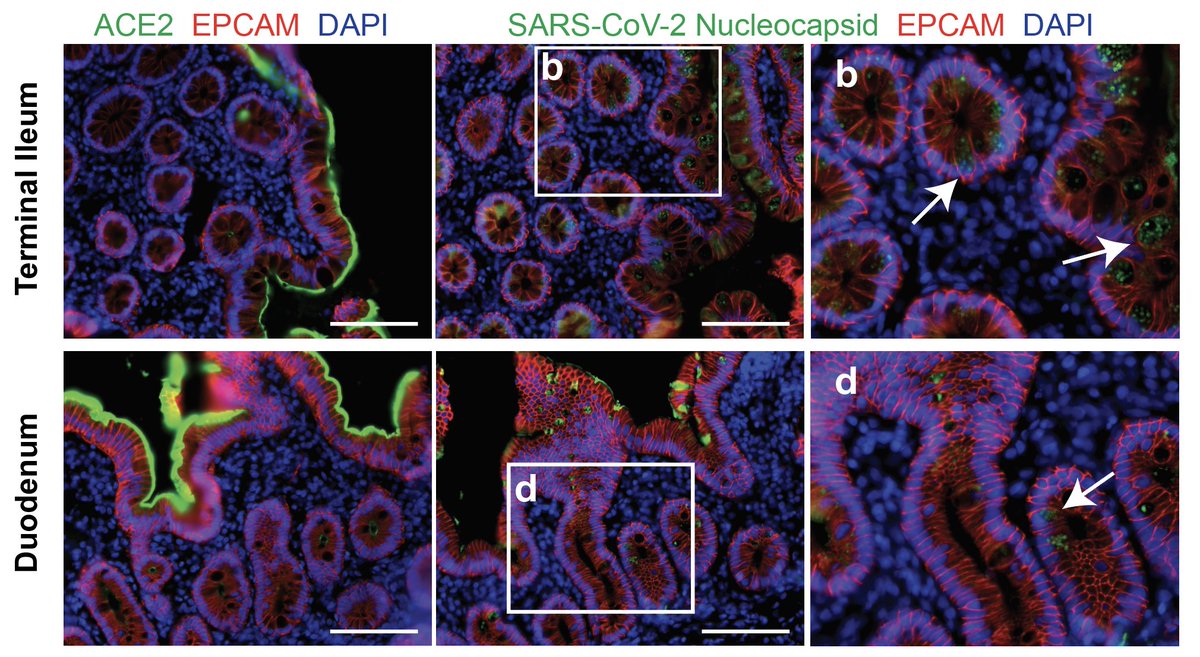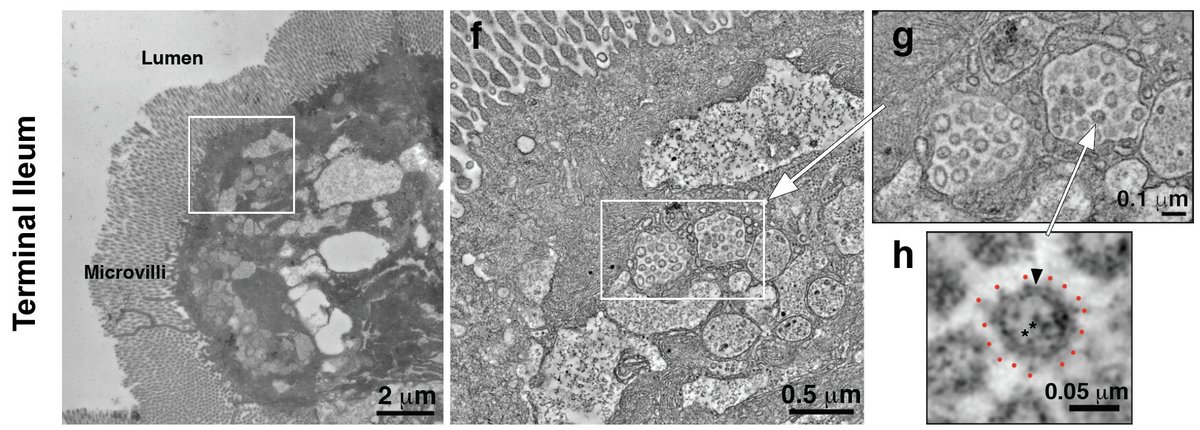Ever since the US crossed 100k daily #COVID19 cases, we are even more excited to share positive news. Our newest preprint shows that #SARSCoV2 B cell immune memory not only perseveres but evolves in a way that suggests protection from re-infection. 1/ https://www.biorxiv.org/content/10.1101/2020.11.03.367391v1
For this project, we asked previously studied #COVID19 convalescent participants to return to @RockefellerUniv hospital 6 months after infection. For 87 of our fantastic study participants we then took a closer look at the #SARSCoV2 antibody response over time. 2/
As expected, antibody levels and antibody neutralizing activity decreased 6 months after infection.
However, memory B cells, the type of cells that are responsible for rapid antibody production upon re-infection, were stable and even slightly increased in number. 3/
However, memory B cells, the type of cells that are responsible for rapid antibody production upon re-infection, were stable and even slightly increased in number. 3/
Using single B-cell sorts combined with antibody sequencing and antibody production for 6 of the 87 individuals, we detected substantial evolution in the memory B cell compartment with antibodies that acquired much higher numbers of mutations after 6 months. 4/
Antibody maturation is consistent with an ongoing immune response even after resolution of acute disease. As a result, several antibodies showed increased binding and neutralization potency against SARS-CoV-2 as well as viral variants that previously escaped antibody pressure. 5/
Antibody evolution occurs in specialized compartments in the immune system. In these so-called germinal centers antigen can be retained in the form of immune complexes for prolonged periods of time. Residual virus in tissues represents another potential source of antigen. 6/
SARS-CoV-2 can infect cells that express a surface protein called ACE2. Such cells can be found in the lungs but also in the gut. To look into antigen persistence, we obtained gastrointestinal biopsies from COVID-19 convalescent individuals 4 months after SARS-CoV-2 diagnosis. 7/
Remarkably, we detected SARS-CoV-2 antigen in the gastrointestinal tract of several participants using immunostaining. 8/
In addition, we found particles with typical SARS-CoV-2 morphologies using electron tomography suggesting the presence of intact virions in the gastrointestinal tract. 9/
While the clinical significance of residual SARS-CoV-2 in the gut remains to be determined, the relative persistence of viral antigen is consistent with continued antibody evolution. 10/
Most importantly, our observation that memory B cell responses did not decay up to 6 months after SARS-CoV-2 infection is cause for optimism and suggests protection from re-infection upon re-exposure to SARS-CoV-2. 11/
This was a fantastic collaborative project at @RockefellerUniv, @IcahnMountSinai, @WeillCornell and @Caltech. Thanks to everyone involved @NussenzweigL @marinacaskey1 @bjorkmanlab @PaulBieniasz @theodora_nyc @VinciZijun @julioclorenzi @FraukeMuecksch @FinkinS1 12/
Mehandru Lab at @MountSinaiNYC Zhen Zhao at @WeillCornell @cobarnes27 @MTurroja @Kristie_Gordon @KatrinaMillard @stratust @ramos_victoor.
The Guardian picked up our preprint and you can read another summary here: https://www.theguardian.com/world/2020/nov/05/covid-immune-response-much-faster-and-stronger-post-infection-coronavirus-scientists-say

 Read on Twitter
Read on Twitter